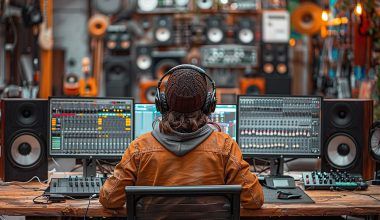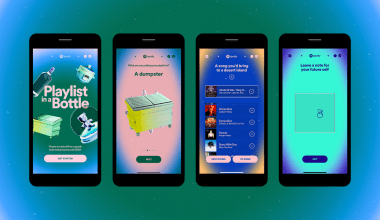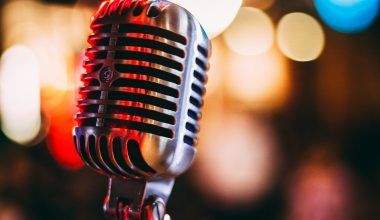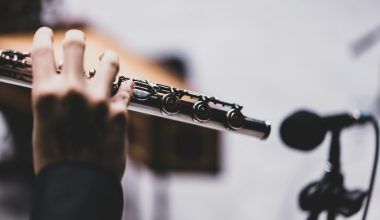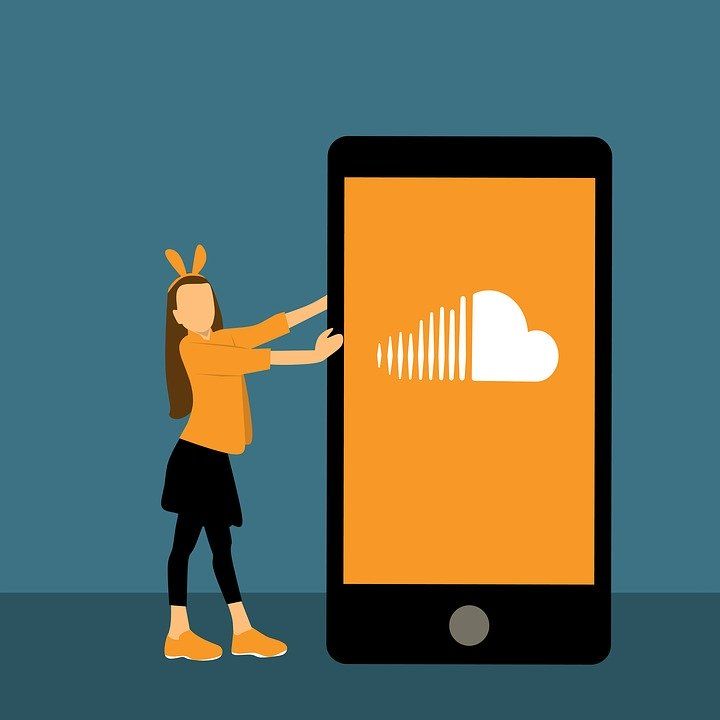iHeartRadio is a leading digital radio and music streaming platform that offers a range of services for both listeners and artists. With its extensive network of radio stations, podcasts, and personalized music playlists, iHeartRadio has become a significant player in the music industry. This article explores the services iHeartRadio provides for artists and how its payout system works.
iHeartRadio Services for Artists
iHeartRadio offers several services designed to help artists promote their music, reach new audiences, and connect with their fans. Here are some of the key services iHeartRadio provides for artists:
- Radio Airplay and Promotion:
One of the primary services iHeartRadio offers is radio airplay. With a vast network of over 850 local radio stations across the United States, iHeartRadio provides artists with the opportunity to have their songs played on popular radio stations, which can significantly increase their exposure. In addition to traditional airplay, iHeartRadio also offers digital radio stations that are genre-specific, giving artists more targeted exposure. - Digital Music Streaming:
iHeartRadio’s platform allows users to create personalized music stations based on their favorite artists and songs. Artists can have their music featured on these stations, helping them reach a broader audience. Additionally, iHeartRadio offers curated playlists and stations that feature new and emerging artists, giving them a platform to showcase their music. - Podcasting Opportunities:
In recent years, iHeartRadio has expanded into the podcasting space, offering a wide range of shows across various genres. For artists, this presents an opportunity to create their own podcasts or appear as guests on existing shows. This can help them build their brand, connect with their audience in a more personal way, and promote their music and projects. - Live Events and Concerts:
iHeartRadio is known for hosting live events and concerts, such as the iHeartRadio Music Festival and the iHeartRadio Jingle Ball. These events are broadcast live on the radio and streamed online, providing artists with a platform to perform live and reach a massive audience. Participating in these events can enhance an artist’s visibility and fan engagement. - Artist Profiles and Analytics:
Artists on iHeartRadio can create profiles where they can share their music, videos, tour dates, and other content. Additionally, iHeartRadio offers analytics tools that provide insights into how their music is performing on the platform. These analytics can help artists understand their audience better and tailor their marketing strategies accordingly. - Advertising and Sponsorship Opportunities:
iHeartRadio offers artists the opportunity to promote their music through paid advertising on the platform. Artists can create targeted ad campaigns to reach specific demographics or geographic areas. Additionally, artists can partner with iHeartRadio for sponsorship opportunities during events, podcasts, and digital streams, further increasing their exposure.
Payout System for Artists on iHeartRadio
The payout system for artists on iHeartRadio is multifaceted and depends on several factors, including the type of service (radio airplay or digital streaming) and the licensing agreements in place. Here’s a breakdown of how the payout system generally works:
- Radio Airplay Royalties:
When an artist’s song is played on a terrestrial (AM/FM) radio station, iHeartRadio pays performance royalties to performing rights organizations (PROs) like ASCAP, BMI, and SESAC in the United States. These organizations then distribute royalties to songwriters, composers, and publishers. However, it is important to note that traditional radio airplay does not pay performance royalties to recording artists directly in the U.S.; instead, these payments are made only to the songwriters and publishers. - Digital Streaming Royalties:
For music streamed on iHeartRadio’s digital platform, including personalized and genre-specific stations, iHeartRadio pays royalties to both the recording artists and songwriters. These payouts are generally managed through SoundExchange, which collects royalties for non-interactive digital streaming services in the U.S. Royalties are then distributed to the rights holders, including recording artists, record labels, and session musicians. The rate at which royalties are paid can vary based on the listener’s subscription status (free vs. premium) and the number of streams. - Podcast Monetization:
If an artist creates a podcast on iHeartRadio, they can monetize their content through advertising revenue. iHeartRadio provides tools for podcasters to insert ads into their shows, and artists can earn revenue based on ad impressions. Additionally, artists can pursue sponsorships for their podcasts, providing another revenue stream. - Live Performances and Event Royalties:
For live performances at iHeartRadio events, artists may receive a performance fee or a share of the revenue generated from ticket sales, depending on the terms of their agreement with iHeartRadio. Additionally, if the event is streamed online, artists may receive digital performance royalties similar to those paid for music streaming. - Sync Licensing and Advertising:
Artists may also earn income from sync licensing if their music is used in iHeartRadio’s promotional content or advertisements. Sync licensing involves a one-time fee paid to the artist or their label for the use of their music in a video or commercial.
